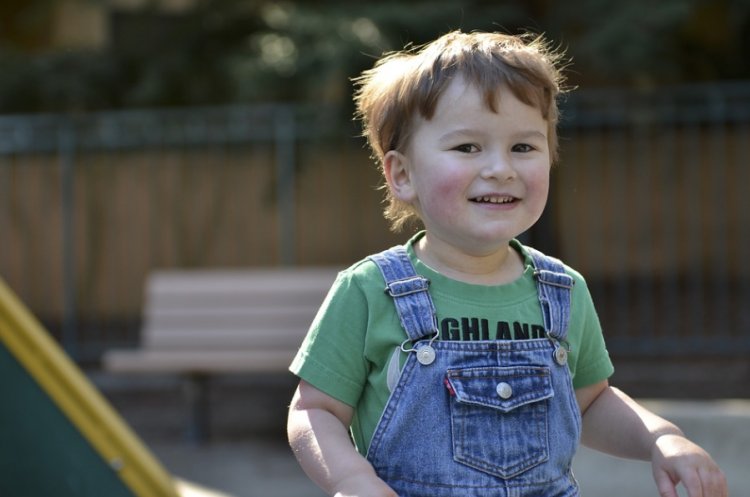Understanding Autism in Children: Causes, Symptoms, Diagnosis, and Intervention
Autism spectrum disorder (ASD) is a complex neurodevelopmental condition characterized by persistent challenges in social interaction, communication, and repetitive behaviors. While the exact etiology of autism remains elusive, early recognition and intervention can significantly improve outcomes for affected children. In this comprehensive guide, we will explore the multifaceted nature of autism in children, including its potential causes, clinical manifestations, diagnostic criteria, evidence-based interventions, and notable centers specializing in autism care in the United Kingdom and Turkey.

Exploring Autism Spectrum Disorder:
Autism spectrum disorder encompasses a wide range of symptoms and severity levels, leading to significant variability in presentation and functional impairment. Key aspects of ASD include:
Core symptoms:
Impairments in social communication and interaction, restricted interests, repetitive behaviors, and sensory sensitivities are hallmark features of autism.
Heterogeneous etiology:
Autism is thought to arise from a combination of genetic, environmental, and neurobiological factors, although the precise mechanisms remain poorly understood.
Lifelong impact:
Autism is a lifelong condition that can affect individuals across the lifespan, influencing social relationships, academic achievement, employment opportunities, and independent living skills.
Signs and Symptoms of Autism in Children:
Recognizing the early signs of autism is crucial for timely intervention and support. Common indicators of ASD in children include:
- Delayed or absent speech development
- Limited eye contact and social reciprocity
- Repetitive behaviors or movements (e.g., hand-flapping, rocking)
- Difficulty understanding and expressing emotions
- Sensory sensitivities or aversions (e.g., hypersensitivity to noise, textures)
- Fixation on specific interests or topics
Diagnosis and Early Intervention:
Diagnosing autism in children involves a comprehensive assessment of developmental milestones, social communication skills, and behavioral patterns. Key components of the diagnostic process include:
- Developmental screening: Utilizing standardized tools, such as the Modified Checklist for Autism in Toddlers (M-CHAT) or the Autism Diagnostic Observation Schedule (ADOS), to identify red flags for autism in young children.
- Diagnostic evaluation: Conducting a multidisciplinary assessment involving pediatricians, psychologists, speech-language pathologists, and other specialists to confirm the presence of ASD and rule out alternative explanations for the observed symptoms.
- Early intervention services: Implementing individualized treatment plans, including applied behavior analysis (ABA), speech therapy, occupational therapy, and social skills training, to address the unique needs of children with autism and promote optimal development.
Successful Practices in the United Kingdom and Turkey:
In the United Kingdom and Turkey, several specialized centers excel in providing comprehensive care and support for children with autism spectrum disorder. Notable institutions include:
United Kingdom:
- The National Autism Society, London
- The Centre for Autism, Birmingham
- The Autism Resource Centre, Manchester
- The Child Development Centre, Edinburgh
- The Spectrum Centre for Autism, Sheffield
Turkey:
- Istanbul Autism Centre, Istanbul
- Ankara Autism Association, Ankara
- Ege University Autism Research and Application Center, Izmir
- Bilkent University Autism Research Unit, Ankara
- Dokuz Eylül University Child and Adolescent Psychiatry Clinic, Izmir
Discover Coupoly's exclusive Medical Concierge Service, connecting you with renowned doctors and clinics, alongside our complimentary Travel Concierge Service, linking you with top UK travel agencies.
Contact us now to learn more.
Get in Touch
What's Your Reaction?





















